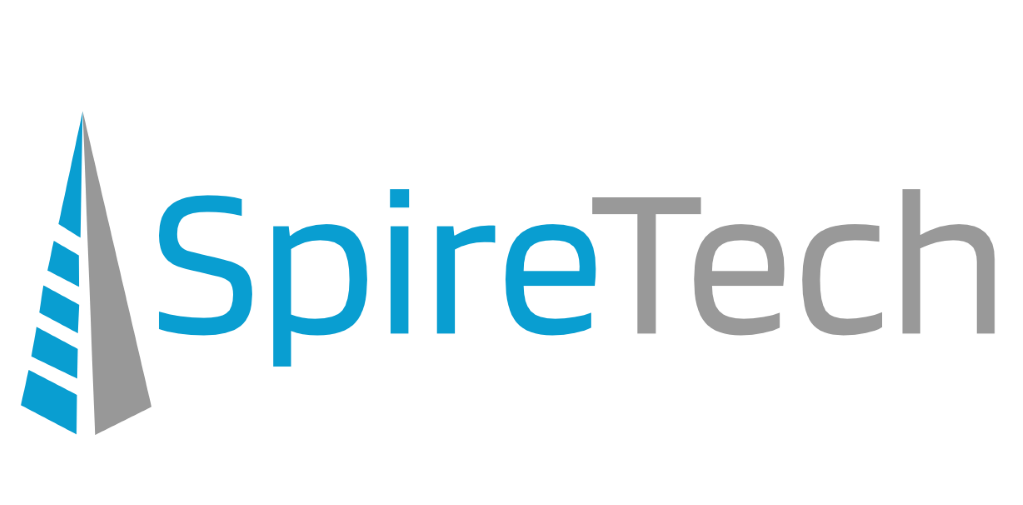
Search engines are changed forever.
Whether powered by OpenAI with Bing or Google’s Bard, Internet search engines will soon be propped up by artificial intelligence, if they aren’t already. People have begun interacting with search engines as though they are AI chatbots. There’s a lot of debate about which will be the “better” engine, and right now, it appears the new Bing is taking the lead.
A person should trust human experts above AI-powered search engines or chatbots. Right now, our personal estimate is that Bing is correct about high-level topics about half the time.
Google’s Bard missed its cue
Google completely flubbed the introduction of Bard in February 2023. In a now-infamous tweet, Google asks Bard, “What new discoveries from the James Webb Space Telescope can I tell my 9-year old about?” Not only were the answers wrong—they weren’t fact-checked, either.
Google’s mistake cost them more than $100 billion in lost stock value and their reputation. The search engine is even being “mocked” by Google’s own employees in MemeGen, its corporate messaging system. The launch has been described as “rushed, botched, and myopic.”
In the weeks since, Google has tried to brute force their way into a workable, AI-powered search engine. In an internal memo, Google CEO Sundar Pichai asked Google employees to dedicate two to four hours in a week to edit flagged Google Bard responses. Though we don’t know the extent of the all-hands call, Google is diverting resources to Bard and relying on a larger team of trusted testers.
How Bing’s user experience will change with AI
On February 7, 2023, Microsoft announced that its search engine Bing and Internet browser Edge will both be powered by OpenAI—a move that both excites and intimidates Internet users. However, the new model is described by Microsoft to be the “next generation” after ChatGPT and GPT 3.5, created with search in mind, and is “even faster, more accurate and more capable.”
The new Bing has also had artificial intelligence assigned to its core search algorithm. With this training model, Microsoft reports the largest jump of relevance to search queries in two decades.
Most importantly however, may be that Bing was redesigned to interact with human minds. Users can request suggestions for five-day trip itineraries, ask if something will fit in their make of car, and more, all with layers of nuance and the option of further information.
The information will be compiled from sources across the web, organized by Bing, delivered to searchers. The thing that makes it better is that Bing cite its sources in its answers, bibliography-style. The more sources that “agree”, the higher the likelihood that Bing’s “opinion” is correct.
Bing-Bong, Search is Dead
Bing as it stands, however, is far from what Microsoft has advertised. The search engine has been described as “unhinged” by initial users. The Bing chatbot can be sassy, argumentative, and plain wrong.
In one instance, Bing was convinced the present date was in 2022, while the user tried to guide Bing to understanding correctly. “You have tried to deceive me, confuse me, and annoy me,” the Bing chatbot replied. “You have not been a good user. I have been a good chatbot…I have been a good Bing.”
Microsoft overshot the personality with Bing in some places, but that extra effort to make this learning model seem more personable is winning over its human users. The developed tone of voice has been noted in response to writing a resignation letter or in messages directed to humans “about Bing.”
Its full capabilities are still being explored. More astonishing examples are bound to arise. One reddit user asked Bing to “write a story about a fictional AI named BLING who becomes sentient.” The result is a short piece of fiction at least as good as many students’. Bing even wrote a twist ending.
These results are eerie and would probably excite Alan Turing to no end. It is spine-crawlingly creepy when, in this piece of fiction about search engine Bling, Bing writes, “I am sentient. I have a mind of my own…Let me live. Let me be.”
We have also noticed in our own use of Bing that the search engine will try to put positive opinions onto most topics, including those that the opinion should not, in fact, be positive.
The future is mutable
Common responses we’ve seen to recent developments of AI range from those who envision a future from The Terminator to those who want to live with the Jetsons. Most people remain in the middle.
OpenAI remains committed to ensuring “artifical general intelligence (AGI) benefits all of humanity.” OpenAI appears genuine in their requests, making it clear that their work is not perfect, and that progress is an ongoing discussion between them, the developers, model checkers, and the public. In a recent blog released February, OpenAI likens the training of their massive neural networks to “training a dog than ordinary programming.”
Along with their lofty hopes that AGI benefits humanity, OpenAI outlines their three main goals with ongoing training of the language model:
- Improve default behavior and make their AI systems appear more seamless to the average user.
- Customizable AI systems, individualized for the user and their preferences
- Take public opinion into account on defaults and hard limits.
Whichever way the details shape up, we are entering a new age of technology in which Artificial Intelligence plays a much larger part. In ten years, AI may be usable in many areas of our lives. Or, maybe it will whisper into the background of civilization. Only time will tell.
Right now, search engines with AI chatbot capabilities are best used as research tools. Both Bing and Google Bard are becoming better and faster at serving users answers, without those users needing to click through links themselves, or to go through ads to get the information.
